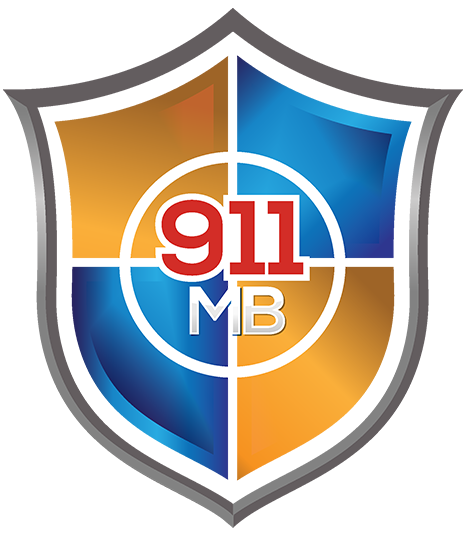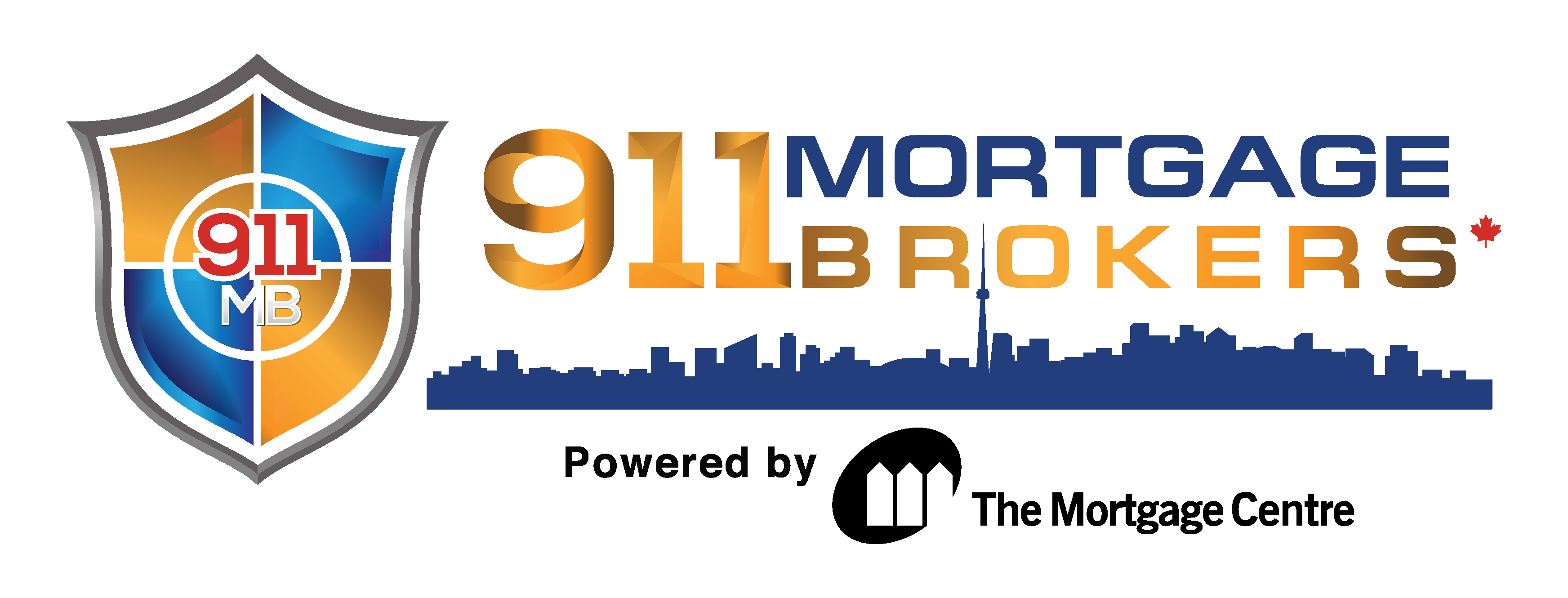Home Equity Loans
What is Home Equity?
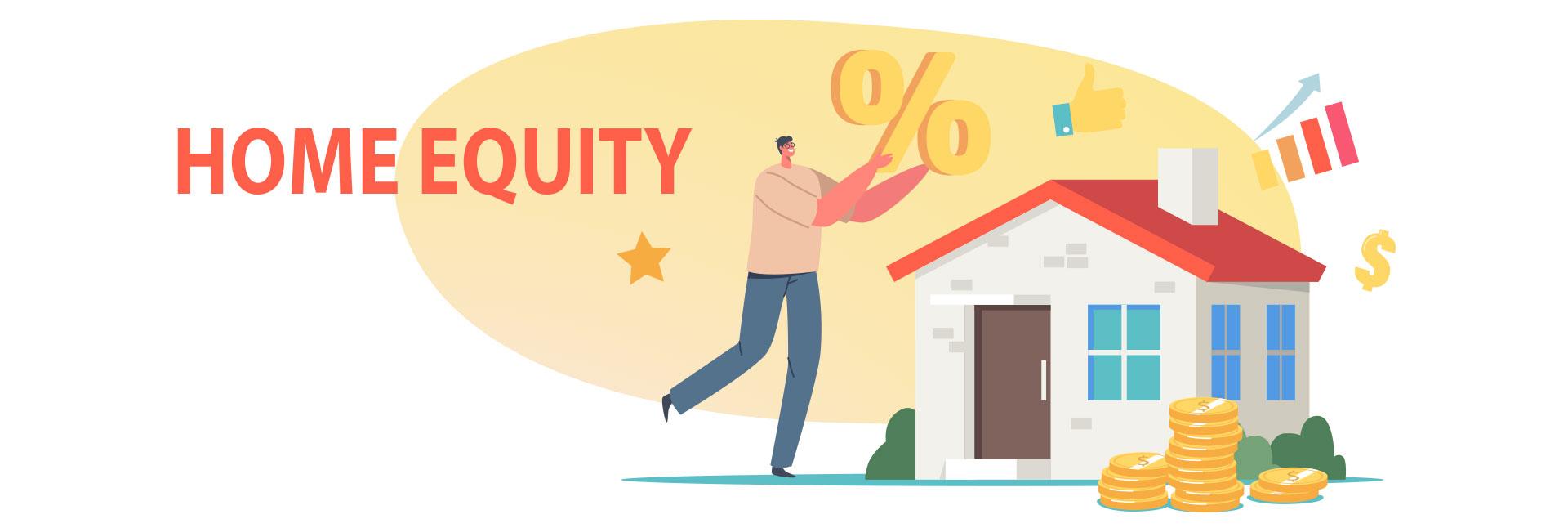
In practical terms, home equity is the appraised value of your home minus any outstanding mortgage and loan balances. In most cases, home equity builds over time as you pay down mortgage balances or add value to your home.
How do you calculate Home Equity?
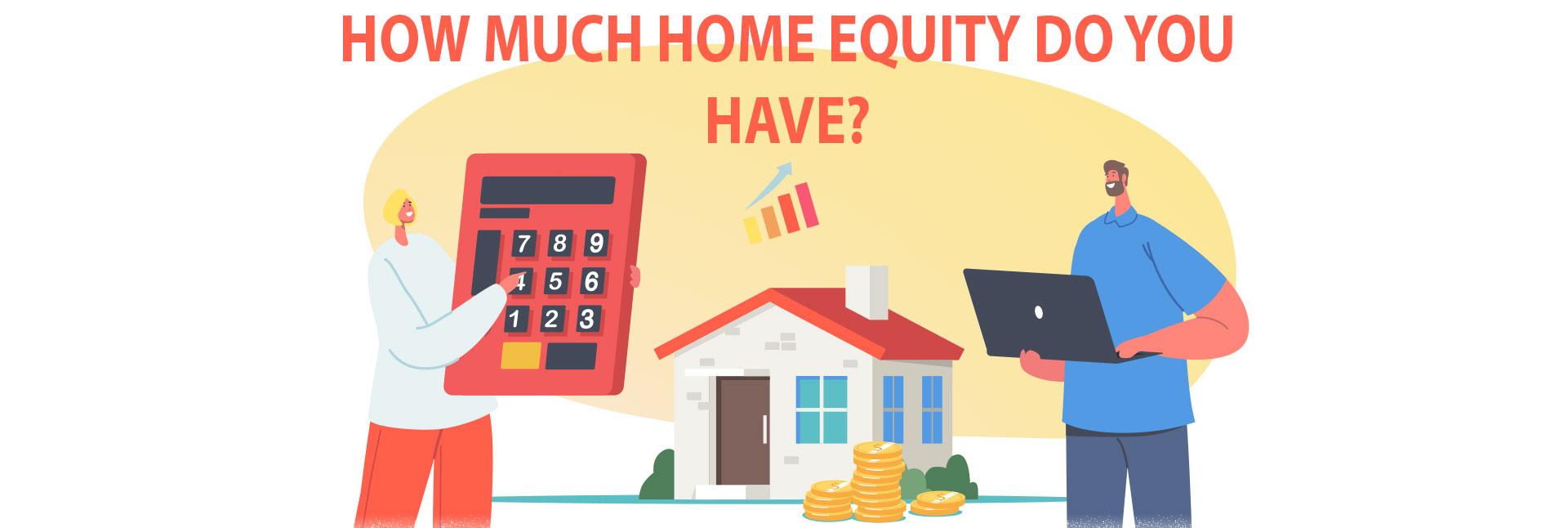
In other words, home equity is the portion of your home’s value that you don’t have to pay back to a lender. If you take the amount your home is worth and subtract what you still owe on your mortgage or mortgages, the result is your home equity. For example, suppose the market value of your home is $800,000. If your mortgage balance is $300,000, then your home equity is $800,000 – $300,000 = $500,000.
Appraised Value – Outstanding Mortgages & Loans = Home Equity
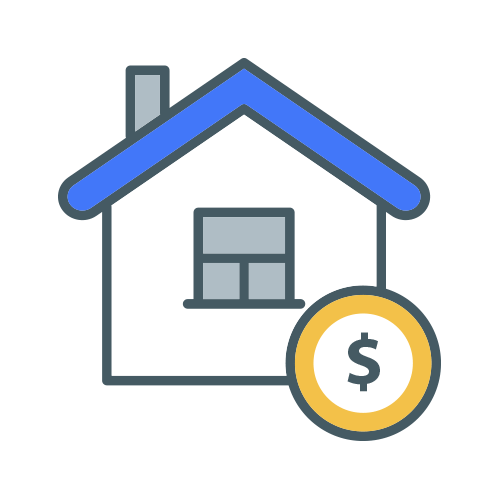
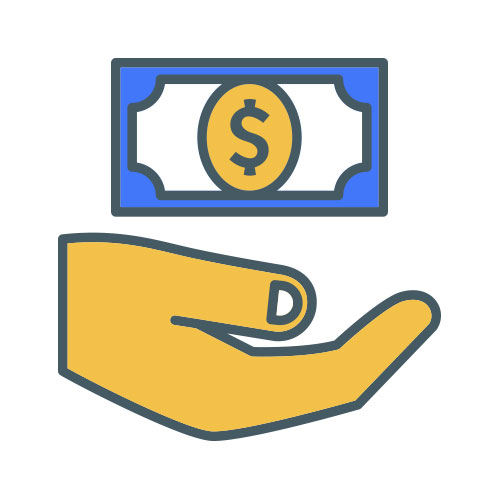
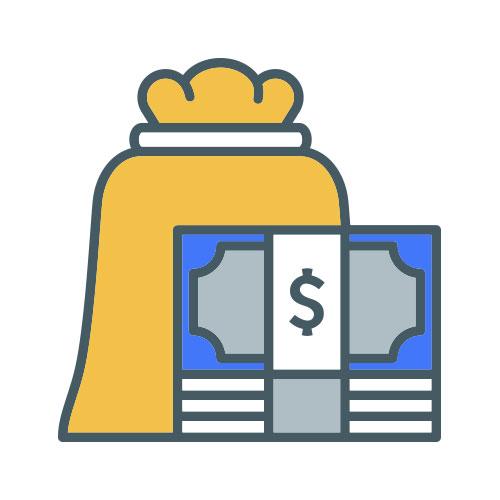
You begin building home equity when you make a down payment on a house; making a larger down payment means you start out with more equity. Your equity continues to grow as you make mortgage payments. If you want to build equity faster, you can make additional payments toward your mortgage principal. And your equity can grow if the value of your house increases, either because you improve the property or because the real estate market in your area heats up.
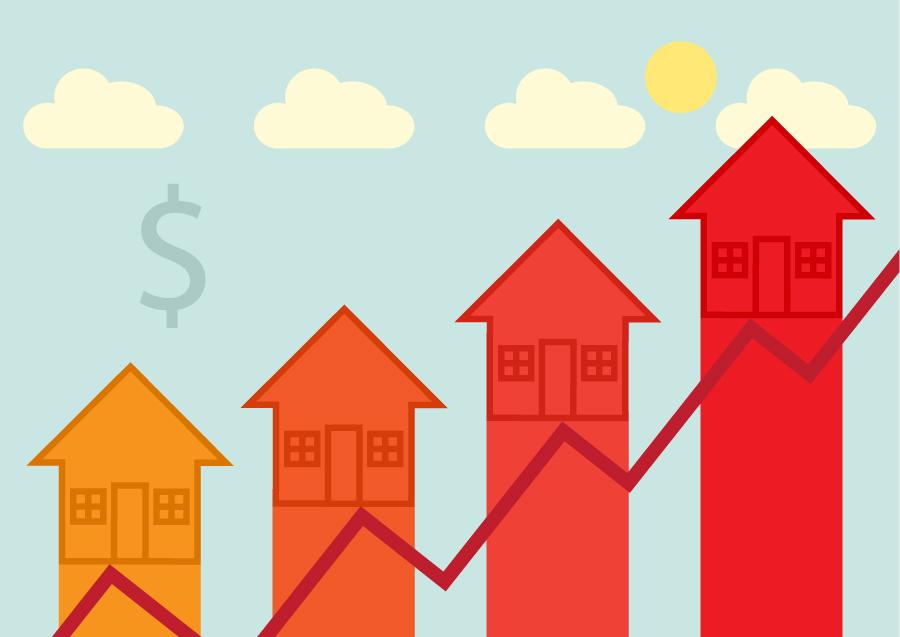
You can use equity as collateral to borrow money. Borrowing against home equity is often less expensive than taking out an unsecured loan or putting purchases on a credit card.
One way to tap into home equity is to take out a home equity loan. The amount you can borrow depends on factors like your credit score and income. It’s typically capped at 85% of your equity. You get the money in a lump sum, and then you make regular monthly payments for a set period of time until you’ve paid it back. The loan is secured by your home, so the lender has a legal claim on the property in case you don’t pay off the loan as agreed. Home equity loans usually have fixed interest rates.
A fixed rate loan has the same interest rate for the entire lending period while the interest rate for a variable rate loan will either increase or decrease over time. Borrowers who prefer predictability may opt for a fixed rate loan. In comparison, variable rate loans may have lower starting interest rates and can be a good choice for short-term financing.
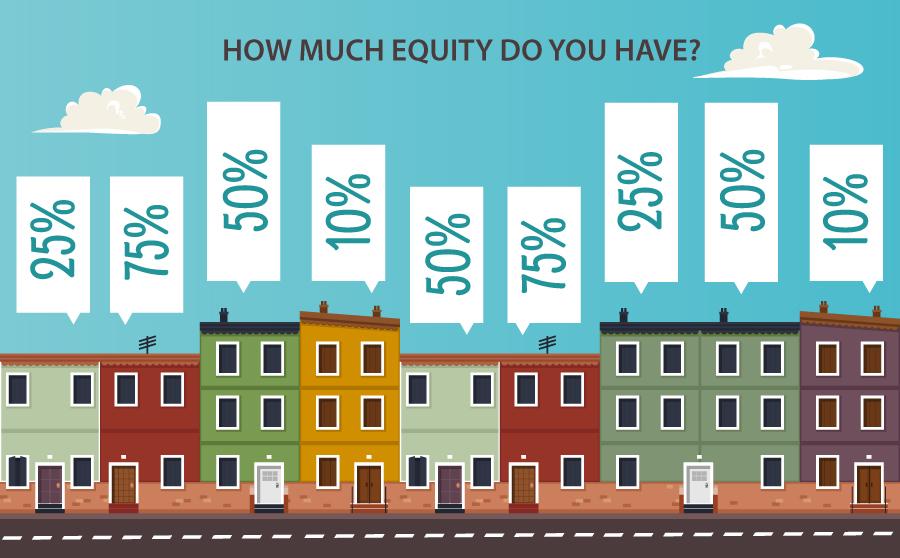
How a home equity loan compares to a cash-out refinance
With a cash-out refinance, you take out a new loan that’s larger than your current mortgage. You pay off the mortgage with the new loan, and you get the remainder in cash. You then make monthly payments on the new mortgage.
You might prefer a cash-out refinance to a home equity loan if you’d like to change the terms of your mortgage, such as to lower your interest rate or extend the length of the loan. But if you don’t qualify for a refinance with better terms, or if you would face higher closing costs with a refinance and want to keep upfront costs to a minimum, you might want to take out a home equity loan instead.
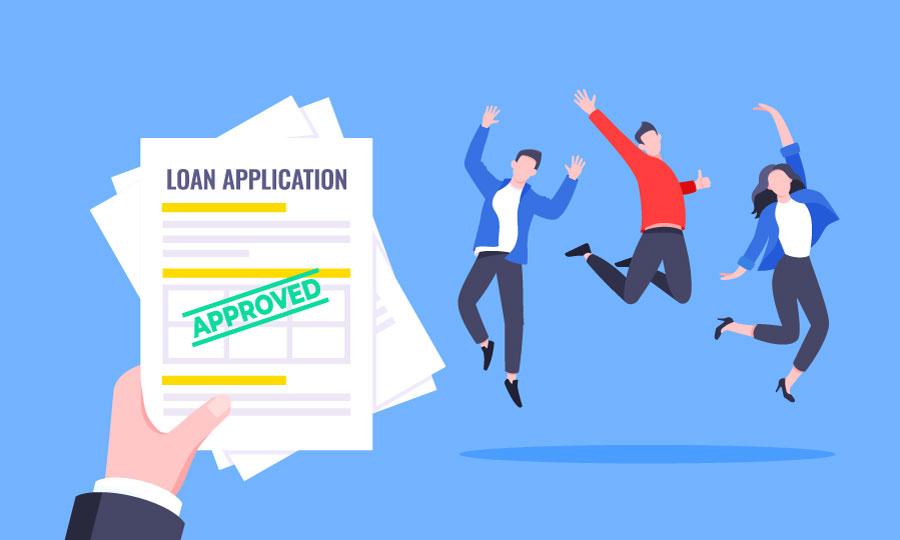
Here at 911 Mortgage Brokers – The Mortgage Centre, we will explore your loan options based on your home equity, not your age, credit or income.
If you are ready to tap into your equity, we can offer you funding in 24-48 hours. Funds may be used for anything. Contact us for a free consultation; we are here to help you accomplish your goals!
